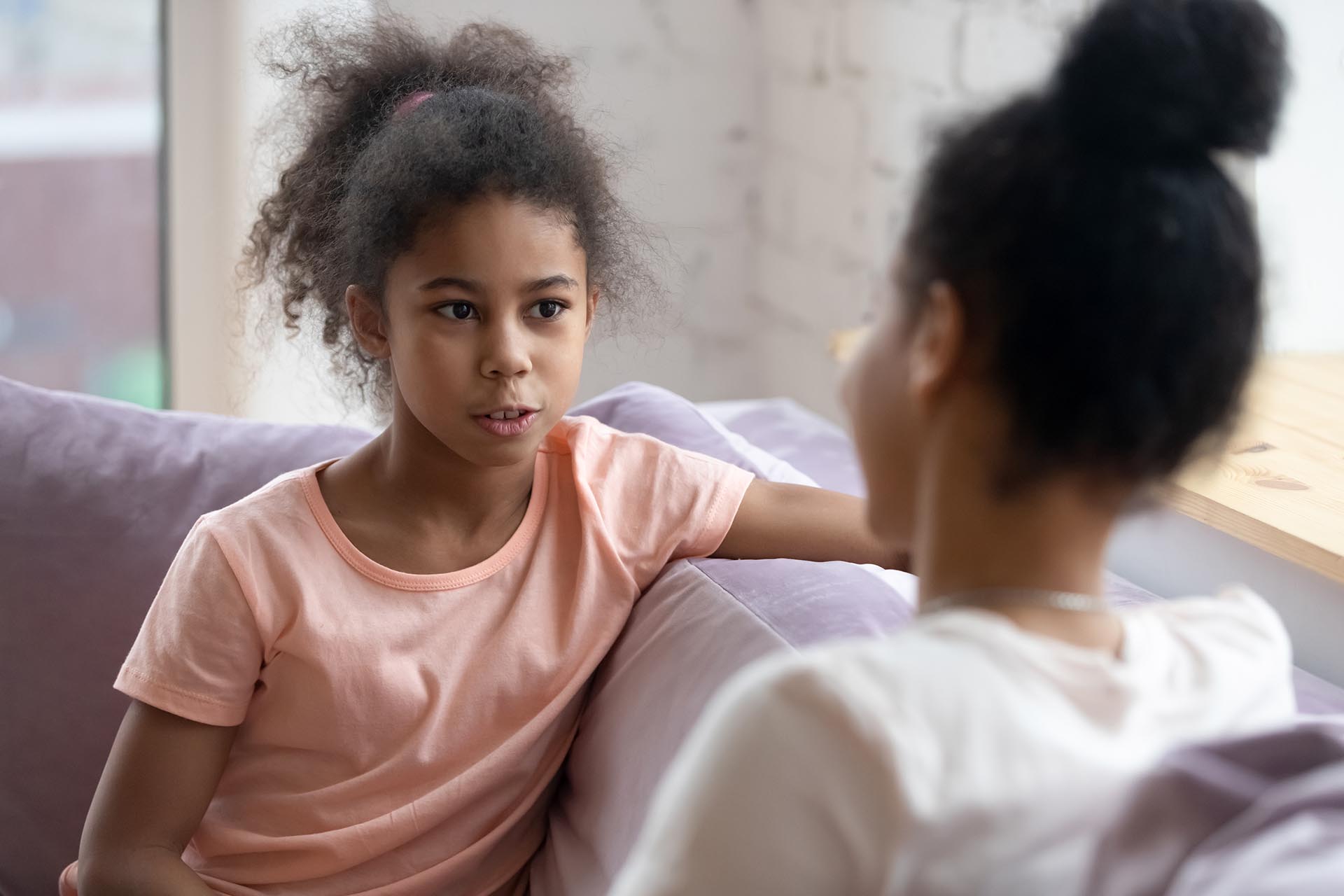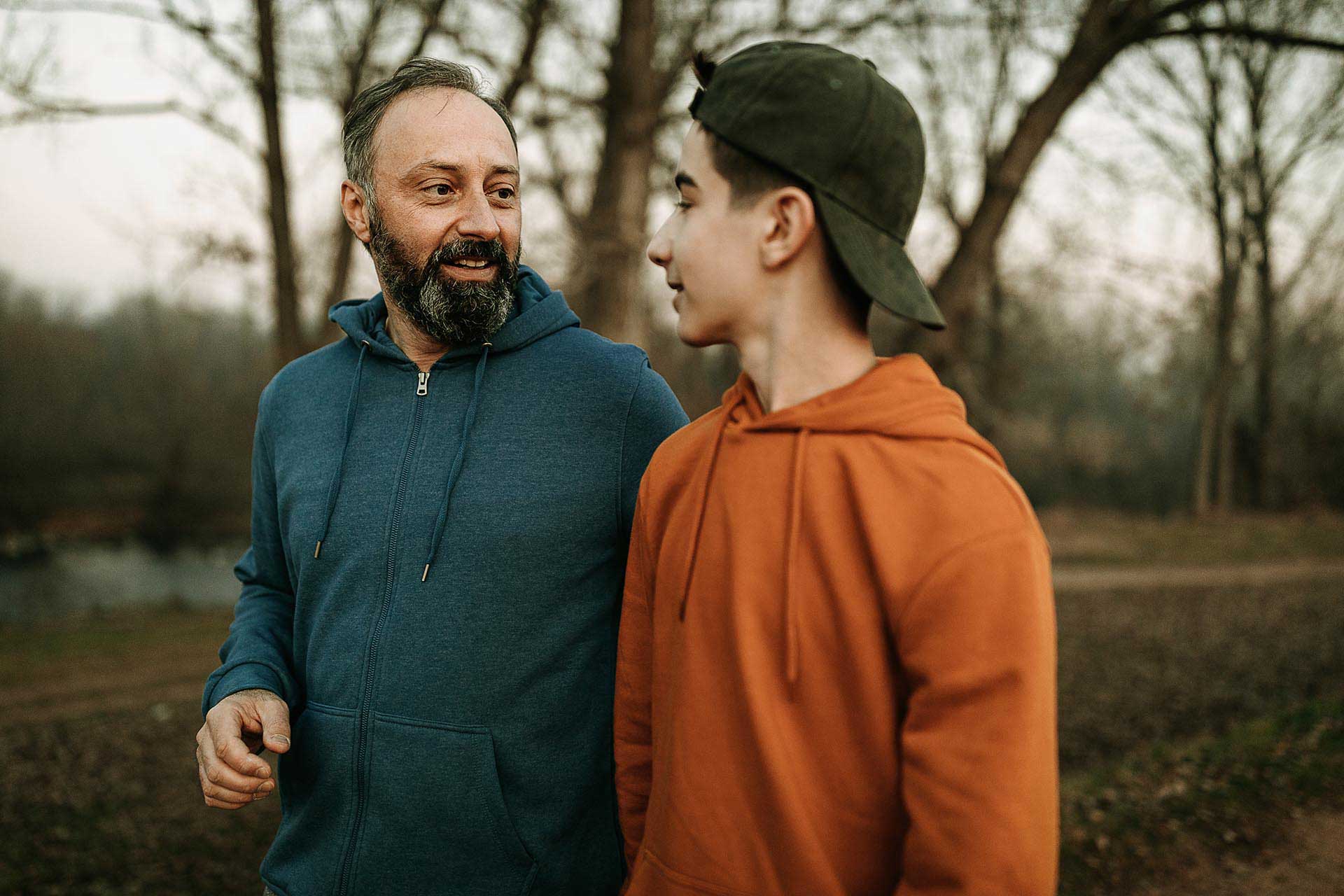Tween obsessions: what you need to know
One big psychological change of puberty is the sudden need for greater independence. It’s when young people start to establish their identity outside of their parents and the family unit. We often hear about the door slamming, the eye-rolling, the wanting to spend more time with friends and the embarrassing fashion choices (remember your own?). But one aspect of this development time that’s not so frequently spoken about is the interests, passions and obsessions that can come with being a tween.
These tween interests might be hobbies, or they might focus on a person, band, or even book. This is when young people often get their first crushes after all, so it’s common to find a celebrity crush plastered over your tween’s walls. And sometimes, this interest can reach the point of obsession. It might seem like it’s all they talk about! How do you handle this sort of obsession as a parent? And at what point does it become unhealthy?
Respect their interest
First of all, it’s vital to respect your tween’s interest. No matter how silly or trivial it seems to you, it feels deadly serious to your young person. Don’t laugh or make jokes about it. If you can, get involved in some way. Ask them about their interest. What do they like about it/them so much? Maybe you can go to a horse-riding tournament, a concert of the band, or the latest movie of theirs together.
When is it unhealthy?
Just because they won’t stop talking about their interest (and it’s really getting on your nerves!) doesn’t necessarily mean this new obsession is unhealthy. Most of the time it’s nothing to worry about and the obsession will pass. The key thing to watch out for is if it’s starting to impact their life or they’re withdrawing too much from other activities, particularly their social network. If they’ve lost interest in spending time with their friends in order to sit in their bedroom to focus on the obsession, that’s when gentle intervention might be needed.
What can you do?
Encourage your child to seek more balance. Talk about the importance of seeking joy from multiple aspects of life. Plan activities to keep them out of their bedroom or away from the computer. Help them to arrange catch-ups with friends, or to organise other social activities that will have them spending time with other people.
You could say, ‘I know you love (….), and I want to acknowledge how important it is/they are to you. But what else or who else makes you happy? Can you think of other things that you enjoy doing? Maybe, we can plan something for this Saturday, either together or with some of your friends. Who would you like to invite?’
If these don’t work, you might like to organise for your tween to see a counsellor or psychologist. This is especially true if your child is withdrawing more and more socially, as this can be a symptom of deeper problems.
Further reading
- Be You Kids Matter (promoting mental health wellbeing for young people)
- Let’s talk: 5 tips for talking | download now
- Let’s talk: puberty | download now










